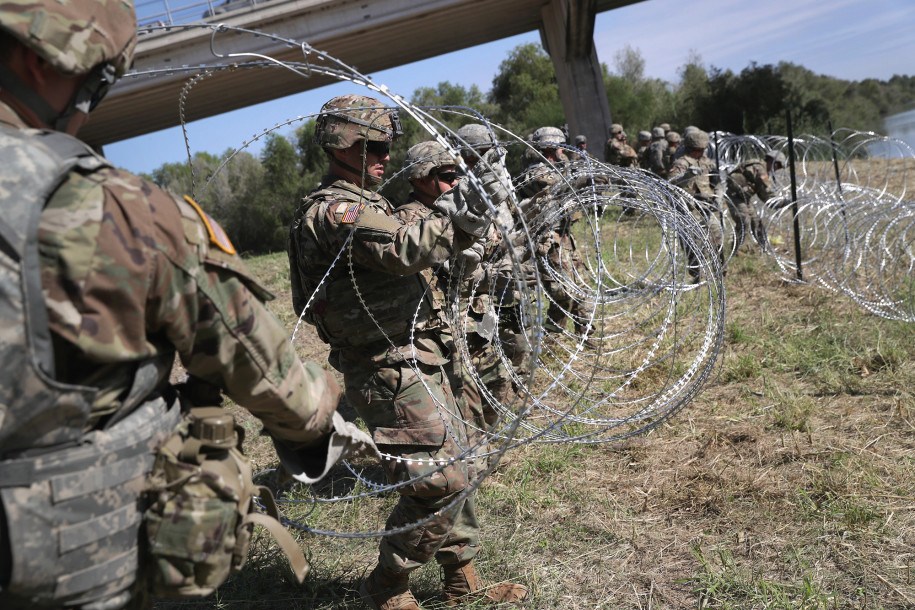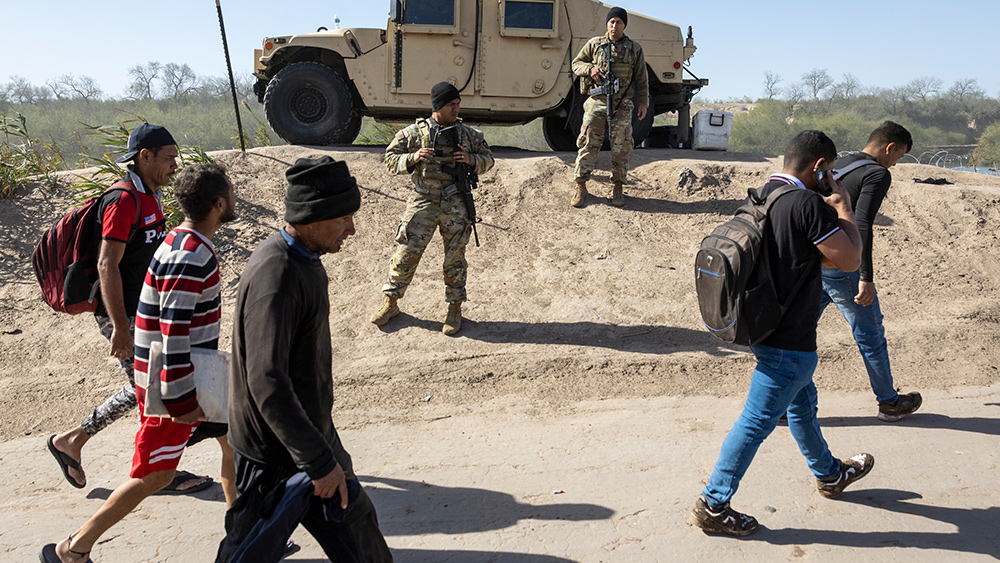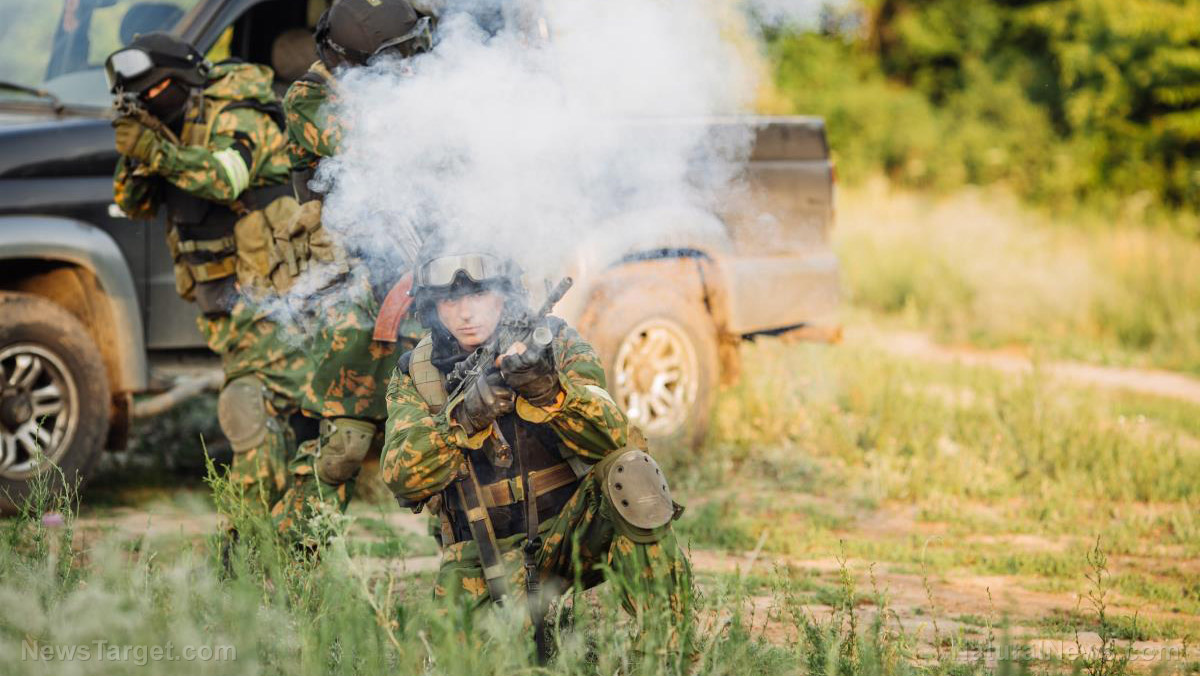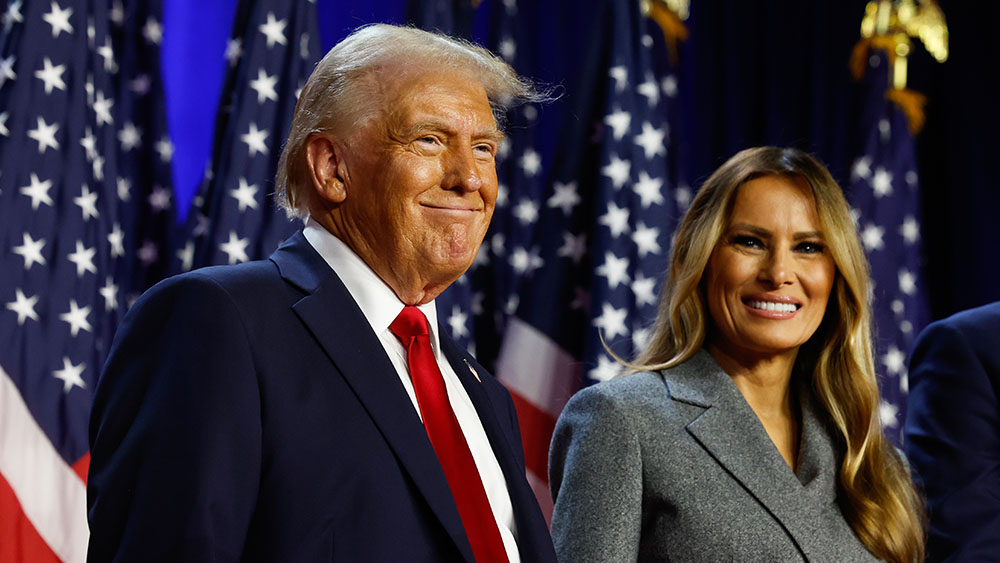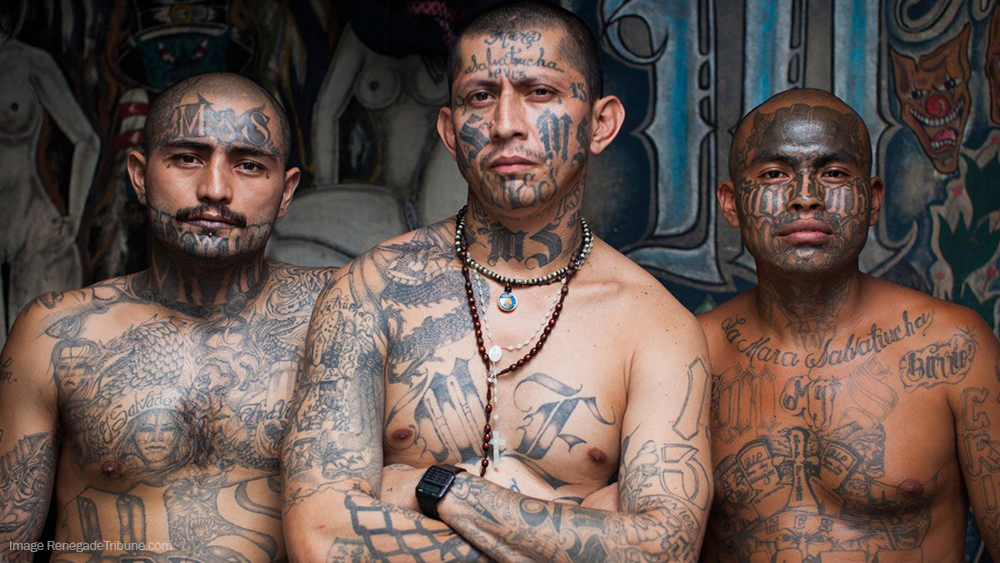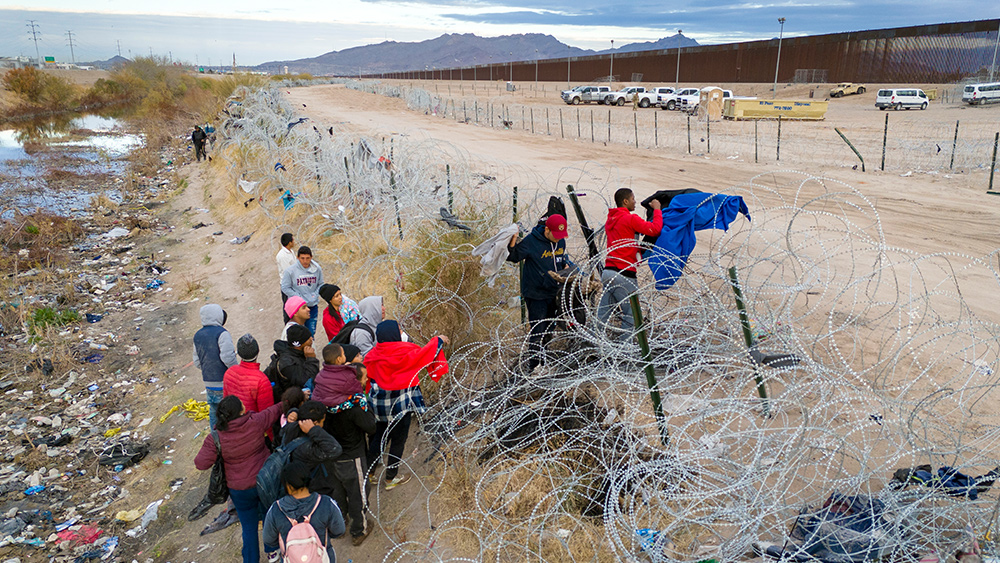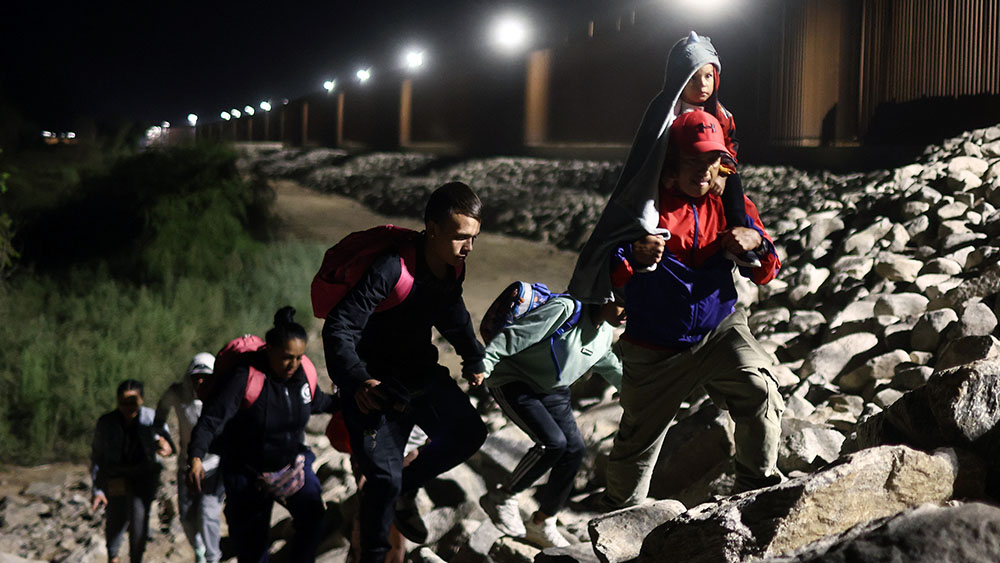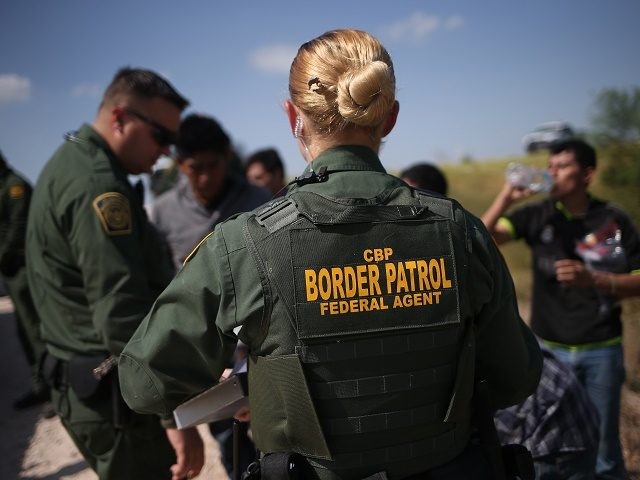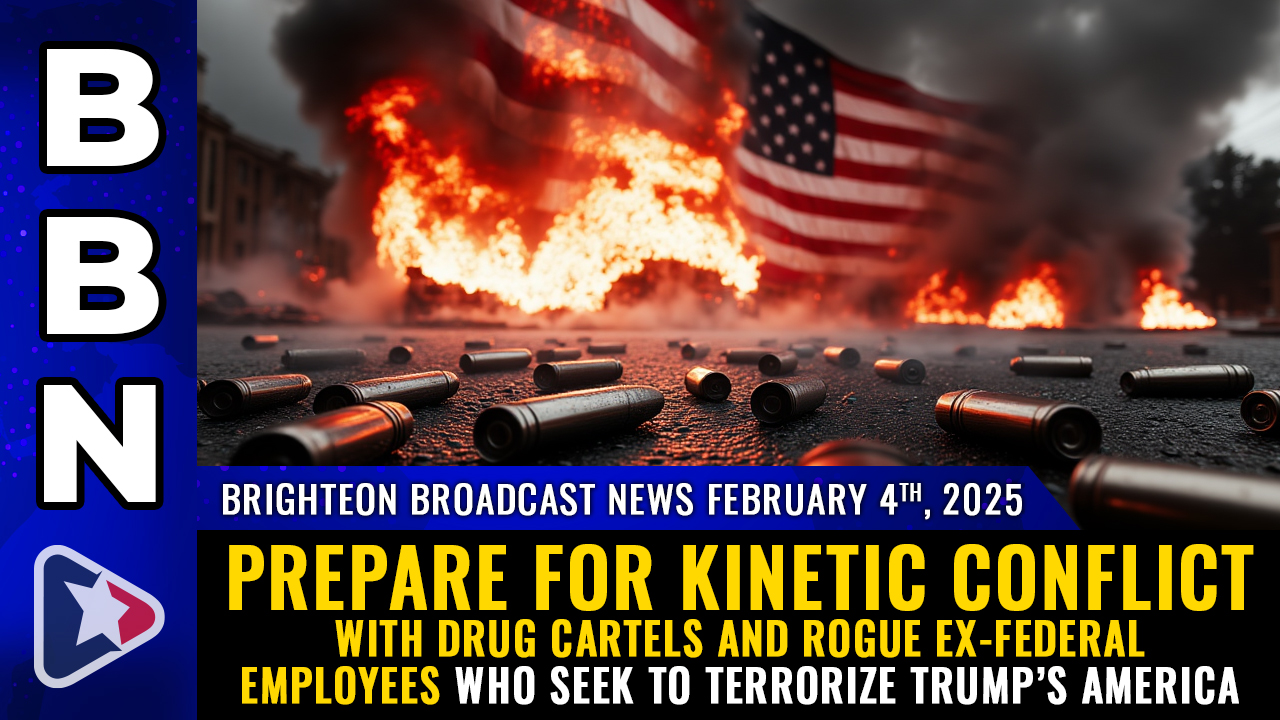Mexico warns U.S. against sovereignty violations as Trump targets drug cartels
02/21/2025 / By Cassie B.
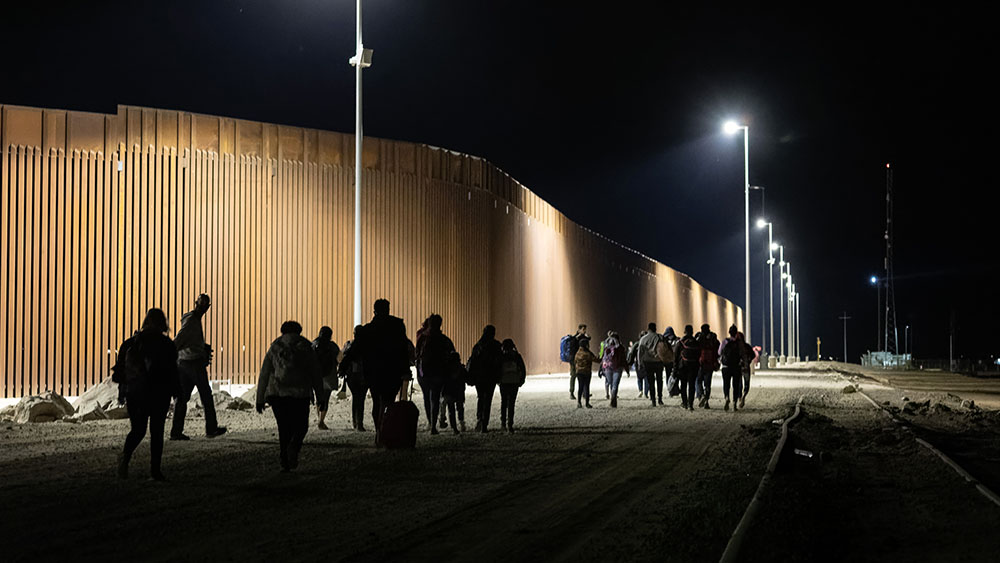
- Mexican President Claudia Sheinbaum vows to protect Mexico’s sovereignty after the U.S. labels six major drug cartels as foreign terrorist organizations.
- The U.S. designation raises fears of potential unilateral military action against cartels operating in Mexico.
- Sheinbaum emphasizes Mexico will not tolerate foreign intervention, insisting on collaboration over subordination.
- The Trump administration pledges to use all tools, including military strikes, to combat cartels and secure the border.
- Tensions highlight a broader divide over border policy, with Mexico pushing for stronger sovereignty laws and U.S. favoring aggressive enforcement.
Mexican President Claudia Sheinbaum has issued a stern warning to the United States, vowing to protect her nation’s sovereignty after President Donald Trump designated six major Mexican drug cartels as foreign terrorist organizations.
The move, which also included criminal groups from Venezuela and El Salvador, has sparked fears in Mexico that the U.S. could take unilateral military action against cartels operating on Mexican soil.
Sheinbaum, speaking during a press briefing, is clearly feeling the heat as Trump has made it clear he intends to be aggressive in protecting the U.S. She emphasized that Mexico would not tolerate any foreign intervention. “The people of Mexico, under no circumstances, will accept interventions, interference, or any other act from abroad that is harmful to the integrity, independence, and sovereignty of the nation,” she declared. She added, “They can call [cartels] whatever they decide, but with Mexico, it is collaboration and coordination, never subordination, no interference, and even less invasion.”
The Trump administration’s decision to label the cartels as terrorist organizations has raised the stakes in the ongoing battle against drug and human trafficking. U.S. Defense Secretary Pete Hegseth has stated that “all options will be on the table” to address threats from these groups, including potential military strikes.
A clash over sovereignty and security
The designation of Mexican cartels as foreign terrorist organizations marks a significant escalation in U.S. efforts to combat the flow of drugs, particularly fentanyl, across the southern border. However, Sheinbaum’s defiant response underscores the delicate balance between cooperation and sovereignty. While Mexico has pledged to work with the U.S. to tackle fentanyl trafficking, Sheinbaum made it clear that her government will not accept any actions that undermine Mexico’s independence.
Stephen Miller, White House Deputy Chief of Staff for Policy, reiterated the Trump administration’s commitment to securing the border and cracking down on criminal organizations. “The full might of the Department of Homeland Security, the Department of Justice, the Department of Defense, and every element and instrument of national power will be used to remove with speed all criminal illegals from the soil of the United States of America,” Miller vowed.
A growing divide over border policy
The tension between the two nations highlights a broader divide over how to address the border crisis. While the Trump administration has taken a hardline approach, including mass deportations and increased ICE enforcement, Mexico has sought to assert its autonomy in dealing with cartels. Sheinbaum’s proposed constitutional reforms aim to strengthen Mexico’s sovereignty laws, including harsher penalties for gun trafficking and stricter limits on foreign agents operating within the country.
Despite the friction, both nations face a shared challenge: the devastating impact of drug cartels on their citizens. The cartels’ operations have fueled violence, addiction, and instability on both sides of the border.
The standoff between the U.S. and Mexico over the cartel designation underscores the complexities of cross-border security. While President Trump’s aggressive stance reflects a determination to protect American lives, Mexico’s insistence on sovereignty highlights the need for careful diplomacy. As both nations grapple with the cartel threat, the path forward will require collaboration, not confrontation.
For now, the ball is in Mexico’s court. Will Sheinbaum’s government rise to the challenge of dismantling the cartels, or will the U.S. be forced to take matters into its own hands? The answer could shape the future of U.S.-Mexico relations—and the safety of millions on both sides of the border.
Sources for this article include:
Submit a correction >>
Tagged Under:
border security, Dangerous, drug cartels, Mexico, national security, Open Borders, Sheinbaum, terrorism, trafficking, Trump, violence
This article may contain statements that reflect the opinion of the author
RECENT NEWS & ARTICLES
COPYRIGHT © 2017 DRUG CARTELS NEWS


